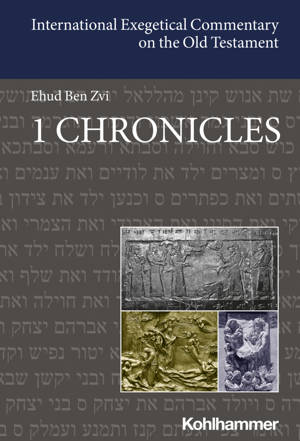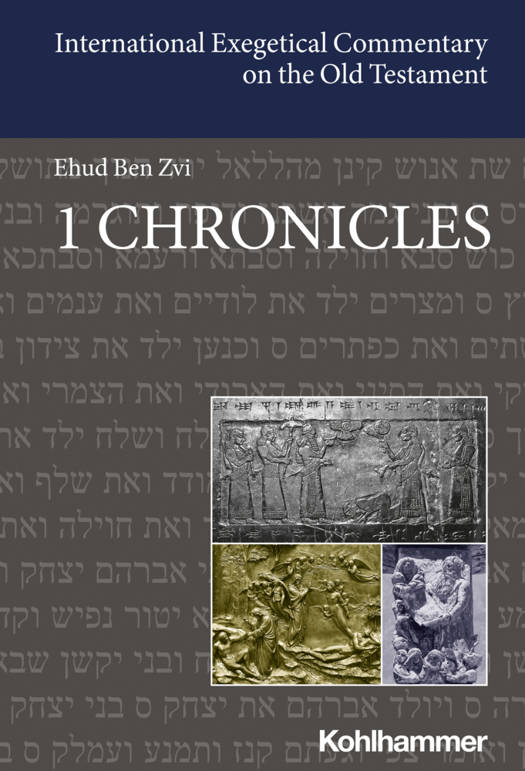
Bedankt voor het vertrouwen het afgelopen jaar! Om jou te bedanken bieden we GRATIS verzending (in België) aan op alles gedurende de hele maand januari.
- Afhalen na 1 uur in een winkel met voorraad
- In januari gratis thuislevering in België
- Ruim aanbod met 7 miljoen producten
Bedankt voor het vertrouwen het afgelopen jaar! Om jou te bedanken bieden we GRATIS verzending (in België) aan op alles gedurende de hele maand januari.
- Afhalen na 1 uur in een winkel met voorraad
- In januari gratis thuislevering in België
- Ruim aanbod met 7 miljoen producten
Zoeken
Omschrijving
There has been much interest in the Book of Chronicles in recent years. A book long considered marginal has become one of the most central in current studies. This is due, in part, to the increased and increasing emphasis on Persian period Yehud (and Samaria), and to the fact that Chronicles may provide a window for understanding how other books that later became biblical were understood at the time. In addition, Chronicles is also a second "national" history and as such it served to reconfigure and reimagine the past/s communicated by other books. This commentary makes use of (social) memory (and other social-anthropological) approaches, examines the ongoing construction of meaning at the level of the separate units in the book, that of the book as a whole, and that of the book as part of a extant "library" within which it constantly interacts and modifies. Explorations of the influence of the book and its images of the past over time round off the analysis.
Specificaties
Betrokkenen
- Auteur(s):
- Uitgeverij:
Inhoud
- Aantal bladzijden:
- 400
- Taal:
- Engels
- Reeks:
Eigenschappen
- Productcode (EAN):
- 9783170206410
- Verschijningsdatum:
- 31/12/2024
- Uitvoering:
- Hardcover
- Formaat:
- Genaaid
- Gewicht:
- 426 g

Alleen bij Standaard Boekhandel
+ 464 punten op je klantenkaart van Standaard Boekhandel
Beoordelingen
We publiceren alleen reviews die voldoen aan de voorwaarden voor reviews. Bekijk onze voorwaarden voor reviews.









